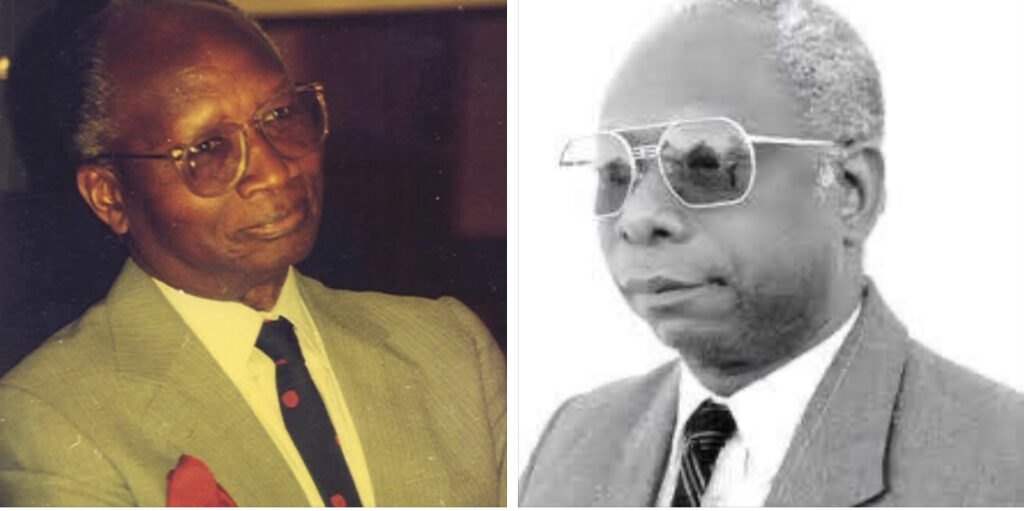
The People’s Progressive Party (PPP), once the proud architect of The Gambia’s independence and democratic foundations, now stands as a shadow of its former self.
Its recent loss in the Banjul by-election is not just a political defeat—it is a poignant symbol of the erosion of legacy and ideals that once defined the nation’s first republican political movements. This decline is emblematic of a broader crisis facing early independence parties across Africa, as they grapple with irrelevance, ideological emptiness, and a poverty of visionary leadership.
For thirty years, the PPP under Sir Dawda Kairaba Jawara was synonymous with progress, stability, and hope. It was a party rooted in conviction, ideals, and principles that resonated deeply with the Gambian people.
However, the military coup of 1994 marked a turning point, plunging the PPP into chaos and disarray. The subsequent ban under Decree No. 89 and the party’s inability to recover after the ban was lifted exposed deep fractures within its structure and leadership. Today, the PPP struggles to win even local councillor elections, let alone reclaim its place as a national force.
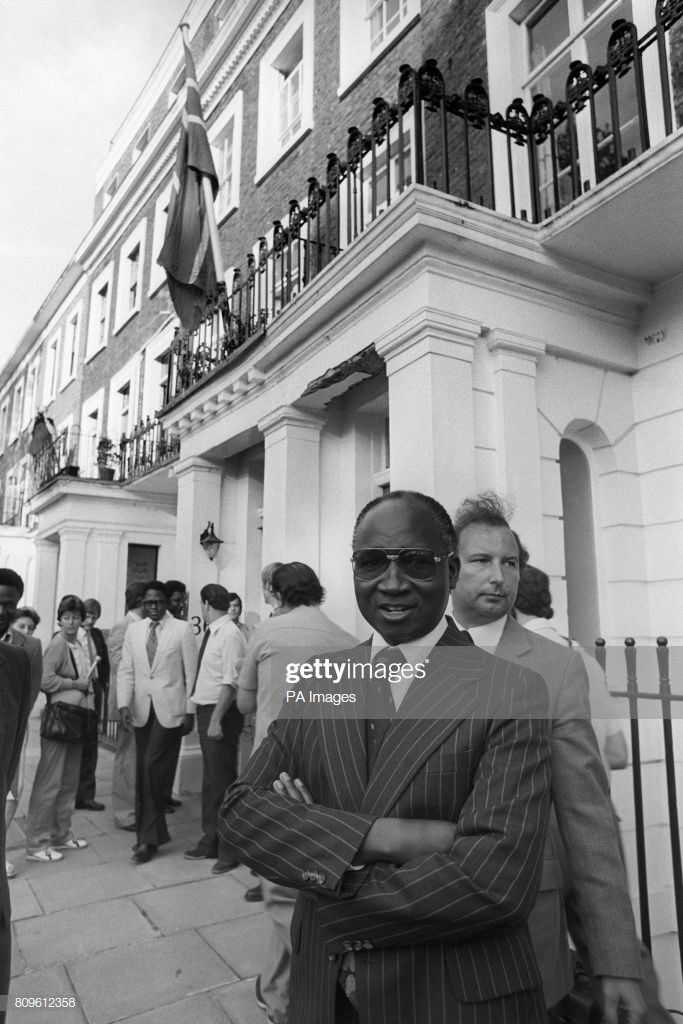
This decline is not unique to the PPP. Other first republican parties in The Gambia, such as the United Party (UP), the National Convention Party (NCP), and the Muslim Congress Party, have similarly faded into obscurity. Their demise reflects a failure to adapt to changing political landscapes and societal expectations.
In their place, we see the rise of “briefcase parties”—political movements devoid of ideology, vision, and grassroots mobilisation. These entities prioritise personal ambition over national interest, reducing politics to a game of electoral calculations rather than a platform for meaningful change.
The absence of ideological clarity is particularly troubling. Political parties in The Gambia today lack the foundational principles that once guided their predecessors. This ideological vacuum has led to rampant party-hopping, as politicians move between parties without crossing any meaningful ideological borders. The result is a fragmented political landscape where parties struggle to articulate coherent visions of development and governance.
The rise of political Godfatherism further exacerbates the crisis. This phenomenon, characterised by overbearing influence and parasitic relationships between political Godfathers and their Godsons, undermines the integrity of party structures and leadership. It fosters a culture of dependency and mediocrity, where loyalty to individuals takes precedence over commitment to ideals and principles.
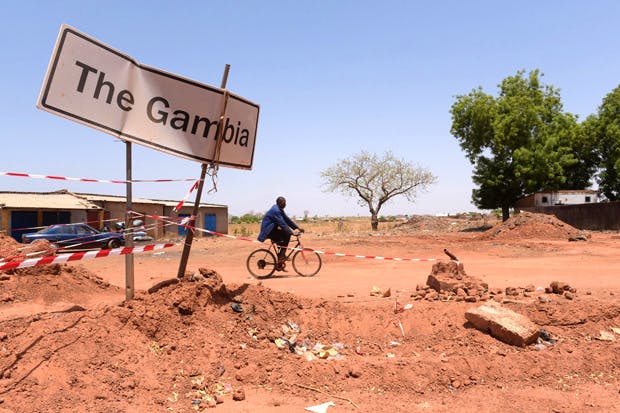
But all is not lost. The children of the PPP—those who grew up under its governance and benefitted from the benevolence of Sir Dawda Kairaba Jawara—must now rise to the occasion. They carry a political and moral responsibility to rebuild their father’s house, to restore the party to its former glory.
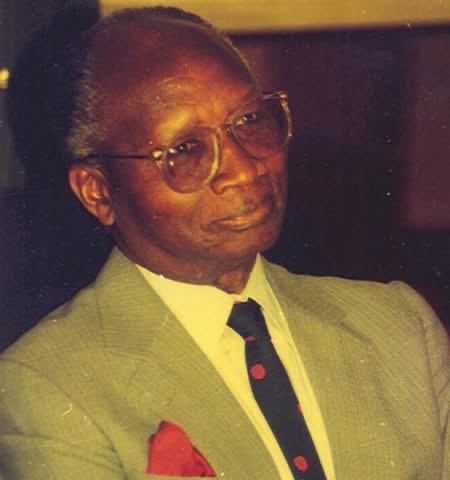
This is not just about preserving a legacy; it is about honouring the sacrifices and ideals that laid the foundation for The Gambia’s independence. It is about ensuring that the values of progress, stability, and hope are not buried under the rubble of political decay.
Imagine the children of the PPP returning to their ancestral home, a house battered by storms and neglect. The walls are cracked, the roof leaks, and the foundation trembles.
Yet, within those walls lies the history of a nation, the dreams of a generation, and the spirit of a people. To abandon this house is to abandon their heritage. To rebuild it is to reclaim their identity and chart a path for future generations.
The same virus that is killing the PPP—Godfatherism and the cult of personality—is also infecting existing parties. When leadership becomes synonymous with the party itself, the absence or incapacitation of that leader often spells doom.
This phenomenon reduces parties to fragile entities that crumble when their figurehead is no longer in power. True democracy within a party means empowering its members to have a voice, fostering transparent decision-making processes, and prioritizing the party’s principles over individual ambitions.
Revitalising the ideals of first republican parties requires a radical shift in approach. Grassroots engagement, ideological clarity, and the infusion of dynamic, forward-thinking leadership are essential.
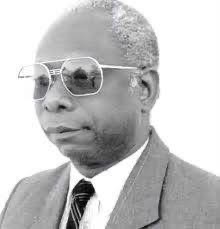
The PPP, for instance, could draw inspiration from the People’s Democratic Organisation for Independence and Socialism (PDOIS), which has maintained a defined ideology of “scientific socialism”and grassroots democracy since its inception. By embracing these principles, the PPP could rebuild its identity and reconnect with the electorate.
The broader implication of this decline is a warning for Africa’s early independence movements. The erosion of legacy and ideals signals a disconnect between foundational values and the realities of modern governance.
Revitalising these movements may require a return to their roots—a redefinition of their core values and a willingness to embrace younger, more dynamic leadership.
The Gambia’s political landscape is at a crossroads. The decline of first republican parties and the rise of ideologically barren movements threaten to undermine the nation’s democratic foundations.
It is a call to action for political leaders, activists, and citizens alike to demand better—to demand parties that prioritise national interest over narrow ambitions, and leaders who embody the ideals of progress, stability, and hope.
By Alagi Yorro Jallow











Recent Comments